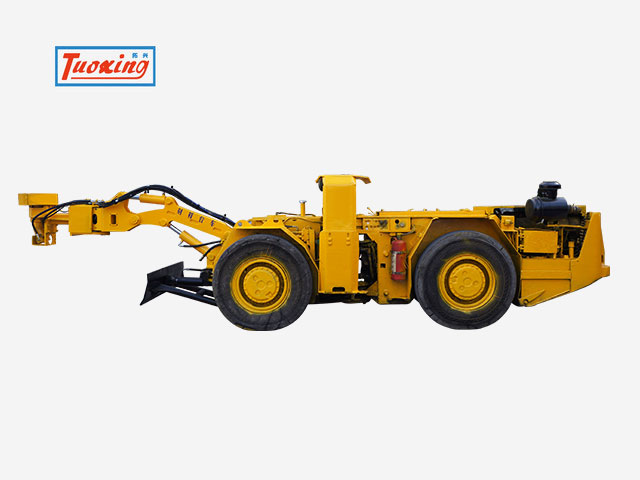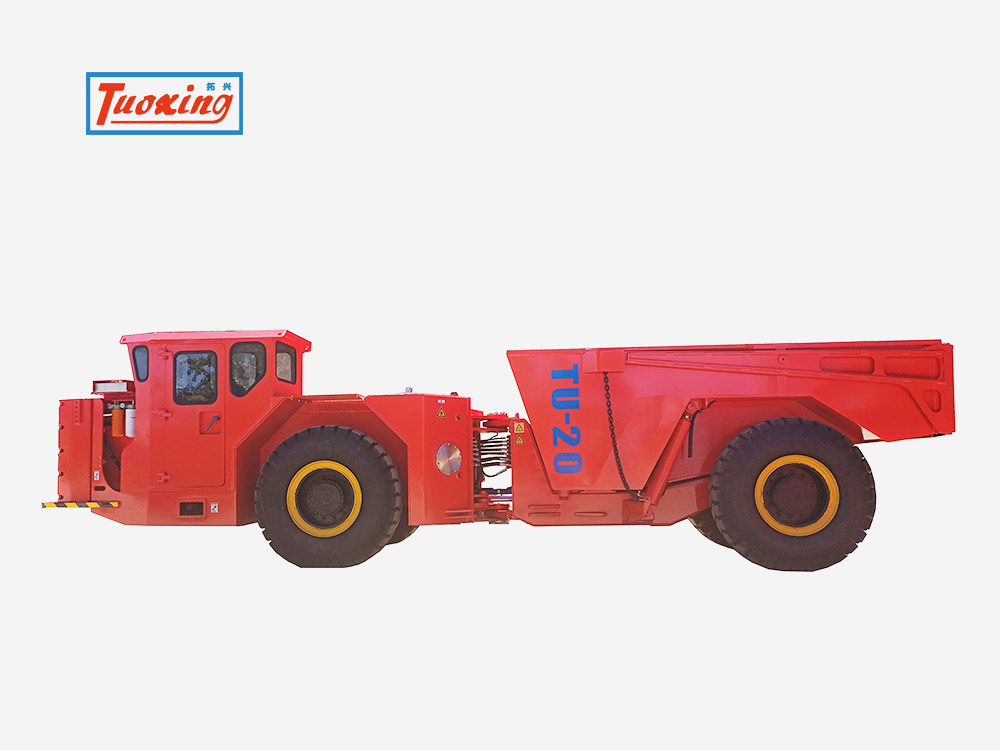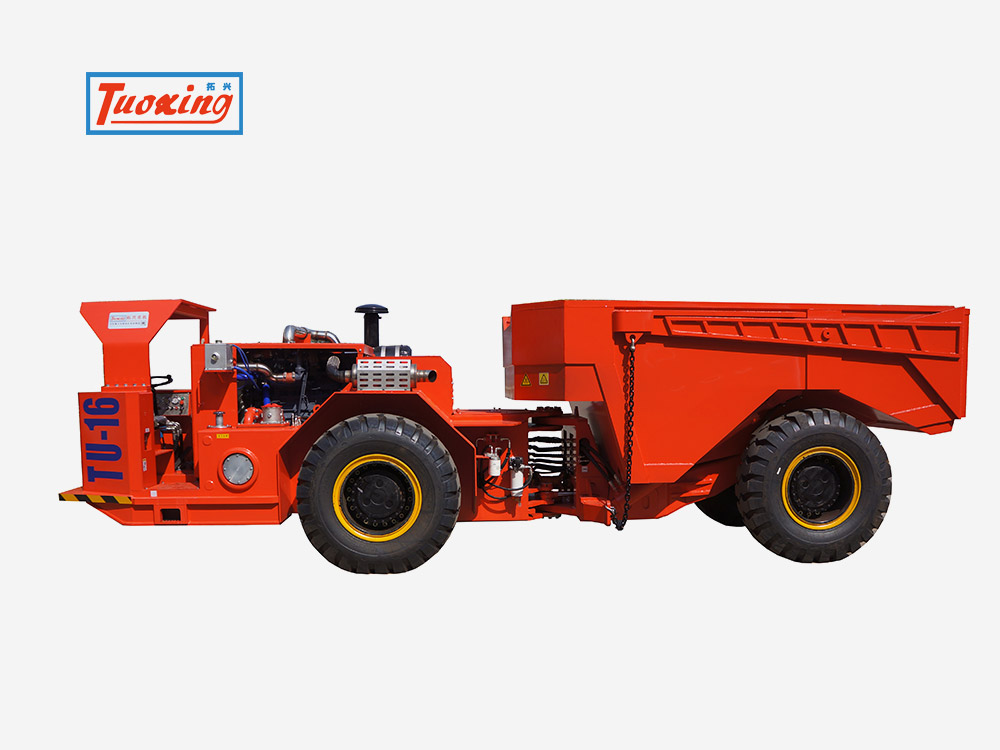China's first resource tax law voted to pass
- Categories:News
- Author:
- Origin:
- Time of issue:2019-09-02
- Views:
(Summary description)On the morning of August 26, the twelfth meeting of the Standing Committee of the 13th National People's Congress closed in Beijing. With 164 votes in favor, 1 vote against and 2 abstentions, the meeting voted to pass the resource tax law. The new resource tax law will come into effect from September 1, 2020, and the existing "Provisional Regulations of the People's Republic of China on Resource Tax" will be repealed at the same time.
China's first resource tax law voted to pass
(Summary description)On the morning of August 26, the twelfth meeting of the Standing Committee of the 13th National People's Congress closed in Beijing. With 164 votes in favor, 1 vote against and 2 abstentions, the meeting voted to pass the resource tax law. The new resource tax law will come into effect from September 1, 2020, and the existing "Provisional Regulations of the People's Republic of China on Resource Tax" will be repealed at the same time.
- Categories:News
- Author:
- Origin:
- Time of issue:2019-09-02
- Views:
China's first resource tax law voted to pass
It will come into effect in September 2020, keeping the current resource tax framework and tax burden level generally unchanged, with the aim of better using taxation to promote the economical use of resources and enhance ecological environmental protection.
On the morning of August 26, the twelfth meeting of the Standing Committee of the 13th National People's Congress closed in Beijing. With 164 votes in favor, 1 vote against and 2 abstentions, the meeting voted to pass the resource tax law. The new resource tax law will come into effect from September 1, 2020, and the existing "Provisional Regulations of the People's Republic of China on Resource Tax" will be repealed at the same time.
At the press conference held on the morning of 26th, Xu Guoqiao, the first-level inspector of the Department of Taxation and Administration of the Ministry of Finance, said that in accordance with the requirement of implementing the tax law, the resource tax legislation maintains the principle that the direction of the current tax system and the overall level of tax burden remain unchanged, and makes appropriate adjustments to the requirements that do not meet the socio-economic development and reform, and raises the provisional regulations on resource tax to the current resource tax law.
Xu Guoqiao said that the new resource tax law embodies three changes compared with the original regulations.
First, the tax items are unified. In the original regulations, more than 30 major resource tax items were listed at the national level, and the rest that were not listed were determined by the provincial people's governments. The new tax law lists all the current taxable resources, a total of 164 tax items, covering all the discovered mineral species.
Secondly, the authority of determining specific tax rates has been adjusted. According to the existing regulations, the resource tax is implemented at fixed and variable rates according to different resource items, and the variable rate is determined by the provincial people's government; the new tax law specifies that two types of tax rates, fixed and variable, will continue to be adopted, and the specific applicable tax rates for taxable resources with variable rates will be proposed by the provincial people's government and reported to the Standing Committee of the People's Congress at the same level for determination.
Thirdly, the tax exemption policy is regulated. The existing resource tax exemption policy has both long-term and phased policies. The new tax law makes clear provisions for the existing long-term policies that have proved to be effective in practice, including exemption from resource tax for resources used in the extraction of crude oil and transportation of crude oil within the oilfield, coal-forming (seam) gas extracted by coal mining enterprises for safety production, etc., a 20% reduction in resource tax for crude oil and natural gas extracted from low-abundance oil and gas fields, and a 30% reduction in resource tax for high-sulfur natural gas, tertiary oil extraction and deepwater oil and gas fields. The new tax law also specifies that the new tax law will reduce the resource tax of the oil and gas fields by 30%, the resource tax of thick oil and high condensate oil by 40%, and the resource tax of the mines in exhaustion by 30%.
In addition, the new tax law also clarifies that, in order to better meet the actual needs and facilitate camera control, the tax law authorizes the State Council to provide for resource tax exemptions in cases that are conducive to the economical and intensive use of resources and the protection of the environment, and to report to the Standing Committee of the National People's Congress for the record; for co-existing mines, low-grade mines, tailings and those that have suffered significant losses due to accidents and natural disasters, the tax law authorizes provinces, autonomous regions and municipalities directly under the Central Government to determine The specific method of reducing or exempting the resource tax.
Bu Xianglai, director of the Department of Property and Behavior Tax of the State Administration of Taxation, said at the conference that the resource tax law is an important measure to implement Xi Jinping's thought of ecological civilization, implement the principle of statutory taxation and improve the local tax system, and is an important part of the construction of the green tax system. Compared with the provisional regulations on resource tax, the resource tax law has absorbed the effective practices of tax collection and service in recent years, practiced the taxpayer-centered service concept, and reflected the requirements of deepening the reform of "administration and service" in three aspects.
First, the collection period is simplified and merged, which is conducive to reducing the tax burden. The original regulation stipulates that the tax period is 1 day, 3 days, 5 days, 10 days, 15 days or 1 month, and the specific period is approved by the competent taxation authority according to the actual situation, which is not uniform and connected with the declaration period of most taxes. The new tax law provides that taxpayers can choose to declare and pay on a monthly or quarterly basis, and changes the declaration period from 10 days to 15 days, which is consistent with other taxes, which will obviously reduce the frequency of taxpayers' declaration and effectively reduce the burden of tax preparation.
Secondly, the tax rate of tax items is standardized, which is conducive to simplifying tax declaration. The new tax law unifies the tax items and determines the tax rates in the way of positive enumeration, which provides the institutional basis for simplifying the tax declaration. The taxation department will optimize tax returns accordingly, improve the level of informationization of levy management, and provide more convenient and efficient declaration services for taxpayers.
Thirdly, it strengthens the departmental coordination and is conducive to safeguarding the rights and interests of taxpayers. The resource tax collection and administration work is professional and technical, especially the determination of tax exemptions and exemptions, which requires the cooperation and assistance of relevant departments. For example, the tax law provides for a 30% reduction of resource tax on minerals mined in exhausted mines and authorizes provinces to reduce or exempt resource tax on low-grade mines, the prerequisite for implementing the policy is the identification of exhausted mines and low-grade mines. The new tax law clearly stipulates that taxation authorities and natural resources and other relevant departments should establish a working cooperation mechanism. Good departmental collaboration is conducive to reducing disputes between taxation and taxation and safeguarding the legitimate rights and interests of taxpayers.
Bu Xianglai said that in the next step, the taxation department will do its best to prepare for the implementation of the new tax law, including the development of supporting levy and management methods, optimization of forms and documents and levy and management information systems, and the promotion and interpretation of the tax law, tax counseling and business training to ensure the smooth implementation of the resource tax law on September 1 next year.
The 12th meeting of the 13th NPC Standing Committee also voted to adopt the newly revised "Drug Administration Law of the People's Republic of China" and the decision of the NPC Standing Committee on amending the Land Administration Law and the Urban Real Estate Management Law.
Scan the QR code to read on your phone
More information
Departure! Another "daughter" married out!
End of the year booking season, let's go!
Recommended product
Tuoxing Heavy Machinery
National unified advisory hotline:
Sales telephone:
Contact Email:
Contact address:
Follow us

All rights reserved.:© 2021Tuoxing Heavy Machinery 鲁ICP备16020023号-1 300.cn This site supports IPV6 access















 865352482805
865352482805

 Messages
Messages 